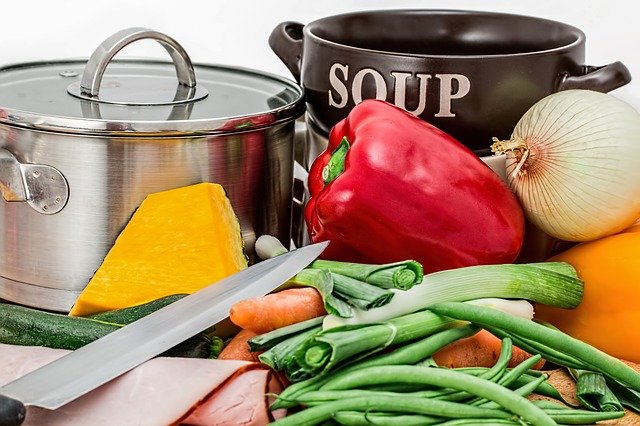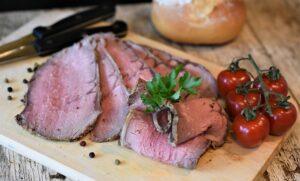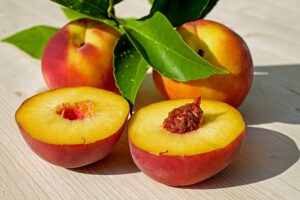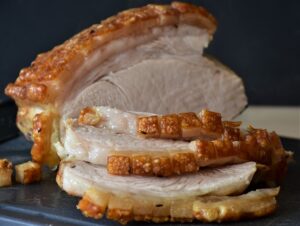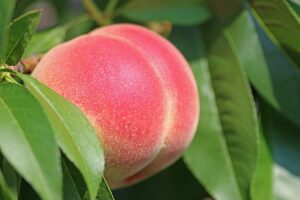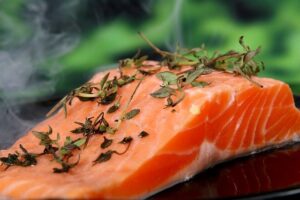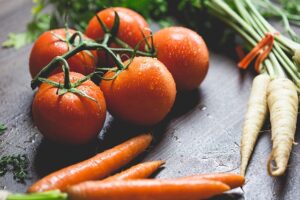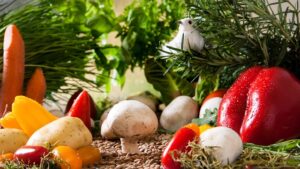Introduction
Eating an adequate amount of protein is essential for maintaining a healthy diet and supporting various bodily functions. Many individuals strive to consume 100 grams of protein per day to meet their fitness goals or dietary requirements. In this article, we will explore different strategies and food sources to help you achieve this target.
Understanding Protein and its Importance
Protein is a macronutrient that plays a crucial role in building and repairing tissues, producing enzymes and hormones, and supporting a healthy immune system. It is made up of amino acids, which are the building blocks of protein. Consuming an adequate amount of protein is particularly important for individuals who engage in regular exercise, as it helps to repair and build muscle tissue.
Calculating Your Protein Needs
To determine how much protein you should consume daily, you can use a simple formula. The recommended dietary allowance (RDA) for protein is 0.8 grams per kilogram of body weight. However, if you are physically active or looking to build muscle, you may need more protein. In such cases, a general guideline is to consume 1.2-2.2 grams of protein per kilogram of body weight.
To calculate your protein needs, multiply your weight in kilograms by the desired protein intake per kilogram. For example, if you weigh 70 kilograms and want to consume 1.5 grams of protein per kilogram, the calculation would be: 70 kg x 1.5 g/kg = 105 grams of protein per day.
Choosing High-Protein Foods
To reach your daily protein goal of 100 grams, it is important to incorporate a variety of high-protein foods into your diet. Here are some excellent sources of protein:
Poultry and Meat: Chicken breast, turkey breast, lean beef, and pork tenderloin are all rich in protein. These options also provide essential amino acids necessary for muscle growth and repair.
Fish and Seafood: Fish such as salmon, tuna, and trout are not only high in protein but also rich in omega-3 fatty acids, which have numerous health benefits. Other seafood options like shrimp, crab, and mussels are also protein-packed choices.
Dairy Products: Milk, Greek yogurt, cottage cheese, and whey protein are excellent sources of protein, especially for those who follow a vegetarian diet. These dairy products are also rich in calcium, which is essential for strong bones.
Eggs: Eggs are a versatile and affordable source of protein. They contain all the essential amino acids and can be cooked in various ways to suit your taste.
Legumes and Beans: Lentils, chickpeas, black beans, and kidney beans are all high in protein and fiber. They are also a great option for vegetarians and vegans.
Nuts and Seeds: Almonds, peanuts, chia seeds, and hemp seeds are not only high in protein but also provide healthy fats and other essential nutrients.
Meal Planning for Protein Intake
To ensure you consume 100 grams of protein per day, it is helpful to plan your meals in advance. Here’s an example meal plan that can help you meet your protein goals:
Breakfast: Greek yogurt with berries and a sprinkle of nuts/seeds (20g protein).
Snack: Hard-boiled eggs (12g protein).
Lunch: Grilled chicken breast with quinoa and roasted vegetables (30g protein).
Snack: Protein shake made with whey protein powder and almond milk (20g protein).
Dinner: Baked salmon with steamed broccoli and brown rice (30g protein).
Snack: Cottage cheese with sliced fruits (8g protein).
Conclusion
Consuming 100 grams of protein per day is achievable by incorporating a variety of high-protein foods into your diet. Remember to calculate your protein needs based on your weight and activity level. By planning your meals and including protein-rich sources, you can easily meet your daily protein goals and support your overall health and fitness.
References
– Mayo Clinic: mayoclinic.org
– Healthline: healthline.com
– Academy of Nutrition and Dietetics: eatright.org

